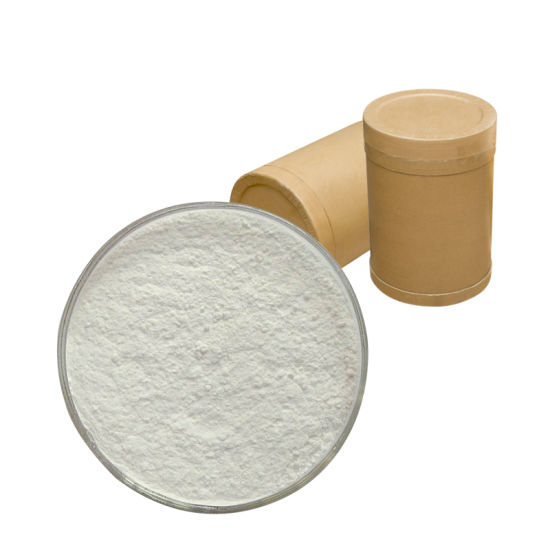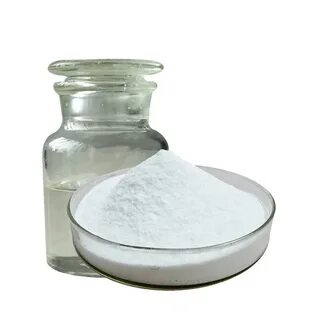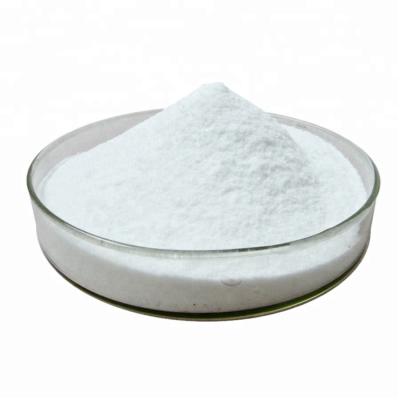Bifenthrin Pyrethroids Insecticide C23H22ClF3O2
Molecular formula: C23H22ClF3O2
Molecular weight: 422.9
CAS No. : 82657-04-3
Physical and chemical properties:
Pure for gray solid. M.p. 68 ~ 70.6℃(industrial M.P. 61 ~ 66℃), relative density 1.210 (25℃), vapor pressure 2.4×10-5Pa, flash point 165℃
Bifenthrin is a pyrethroid insecticide. it's miles extensively used in opposition to ant infestations, consisting of the invasive crimson fireplace ant, through influencing its apprehensive machine. it has a high toxicity to aquatic organisms.
Bifenthrin is poorly soluble in water and often remains in soil. Its residual half-life in soil is between 7 days and 8 months, depending on the soil type, with a low mobility in most soil types. Bifenthrin has the longest known residual time in soil of insecticides currently on the market. It is a white, waxy solid with a faint sweet smell. It is chemically synthesized in various forms, including powder, granules and pellets. However, it is not naturally occurring.
Like other pyrethroids, bifenthrin is chiral; it has different enantiomers which can have different effects. Bifenthrin is found in two enantiomers: 1S-cis-bifenthrin and 1R-cis-bifenthrin. 1S-cis-Bifenthrin is 3-4 times more toxic to humans than 1R-cis-bifenthrin, while the latter is more than 300 times more effective as a pesticide.

Storage condition:
Lock the storage area.
Store in a well-ventilated area. Keep container closed.
Specifications:
97%TC, 100g/L EC, 25g/L EC, 10%EC, 100g/L EW
Packing:
25Kg fiber drum or 25 Kg kraft bag.
Usage:
Control cotton bollworm, cotton red spider, peach small edible insect, pear small edible insect, hawthorn mite, citrus red spider, yellow spot bug, tea wing bug, aphis, cabbage, cabbage moth, eggplant red spider, tea fine moth and other more than 20 kinds of pests, greenhouse whitefly, tea inchworm, tea caterpillar.
Submitted successfully
We will contact you as soon as possible




